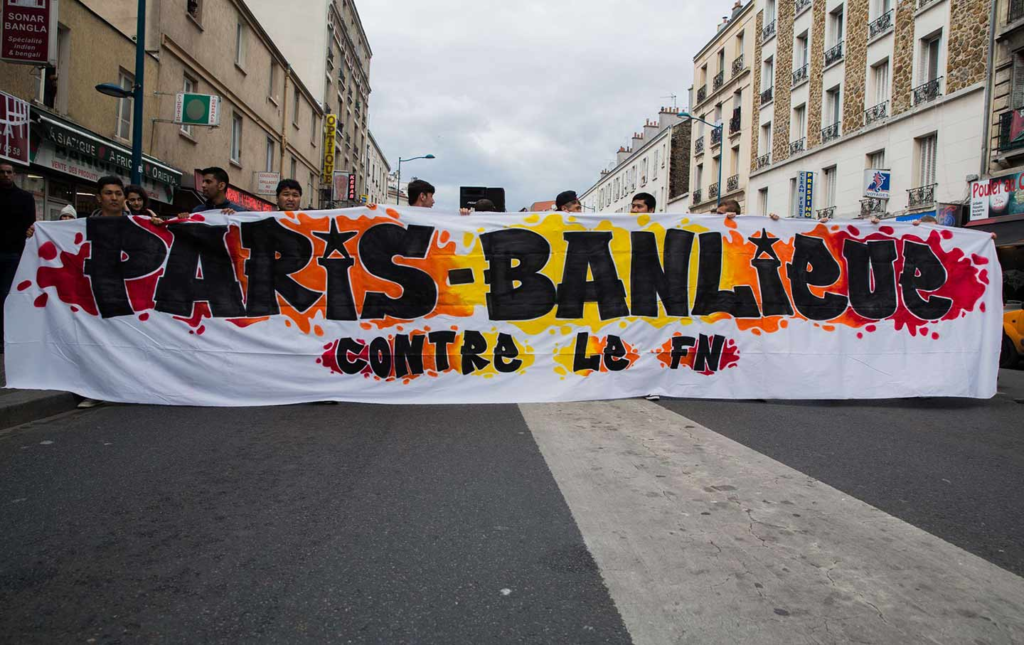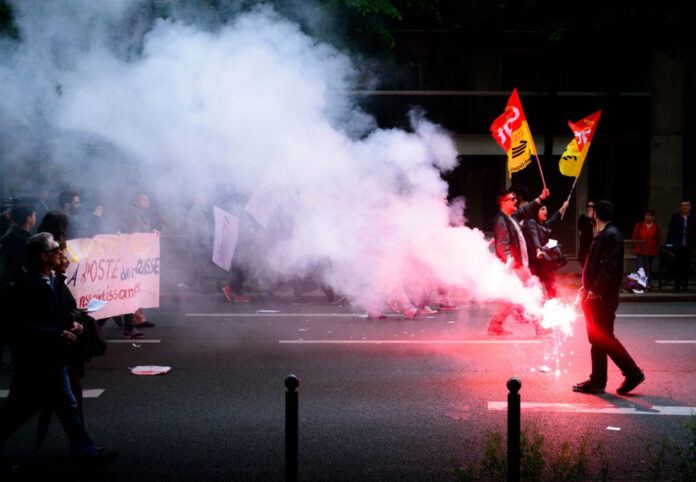The recent conflagration in the banlieues, the suburbs of French cities, has once again brought attention to the long-standing issues of poverty, discrimination, and social unrest plaguing these communities. Triggered by the tragic killing of Nahel M, a 17-year-old, by the police in Nanterre near Paris, the incident has reignited the debate surrounding the state of French policing and the underlying problems faced by the banlieues. Despite significant government investments and initiatives over the years, the results have been less than satisfactory, leaving the residents trapped in a cycle of despair and disillusionment.
A History of Unrest
The banlieues have a history of social unrest, with the first riots occurring in 1979 in Vaulx-en-Velin, a poor suburb of Lyon. Since then, sporadic outbreaks have continued, often targeting town halls, police stations, and other buildings associated with the French state. The worst unrest took place in 2005, following the deaths of two teenagers in an electrical substation near Paris. This incident triggered widespread violence, leading to a three-week state of emergency.

Government Initiatives and Policy
Over the past decades, the French government has implemented various initiatives and policies aimed at improving the conditions in the banlieues. Billions of euros have been spent on renovating housing blocks, constructing new homes, and enhancing facilities and infrastructure. However, despite these efforts, poverty, insecurity, and lack of services continue to persist in these areas.
Challenges and Disparities
The banlieues are home to over five million people, many of whom are immigrants or descendants of immigrants. These communities face disproportionately high levels of poverty, with approximately 57% of children living in poverty compared to 21% for the national population. Unemployment rates are also significantly higher in the banlieues, with residents three times more likely to be unemployed. Despite efforts to improve transport links, isolation remains a prevalent issue for residents.
Discrimination and Policing
One of the major challenges faced by residents of the banlieues is discrimination, particularly among individuals of immigrant origin. Many complain of racial profiling and discrimination by law enforcement officers. The recent unrest has provided an opportunity for France to address deep-rooted issues of racism within its law enforcement agencies, as highlighted by the UN’s human rights office. However, policing high-crime areas also presents challenges, with a significant number of security forces being killed or wounded in the line of duty.
Hope for Social Mobility
While the banlieues still grapple with numerous challenges, there are glimpses of hope in terms of social mobility and progress. The population turnover in these areas is relatively high, with approximately two-thirds of residents having lived there for less than 10 years. This turnover indicates that a significant portion of the population is not permanently trapped in poverty. Moreover, descendants of immigrants in the banlieues have shown notable social mobility, with educational achievements and managerial positions comparable to or exceeding those of their native counterparts.
The persistent challenges faced by the banlieues, including poverty, discrimination, and social unrest, require sustained efforts and comprehensive solutions. Despite considerable investments and initiatives, the results have fallen short of expectations. It is crucial for the French government to address the deep-rooted issues of poverty, discrimination, and lack of opportunities that contribute to the cycle of unrest and discontent. By focusing on the individuals and promoting social mobility, there is hope for a brighter future for the residents of the banlieues, where opportunities are not limited by their place of residence or background.


